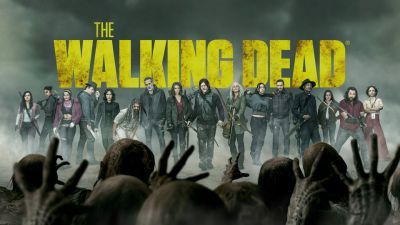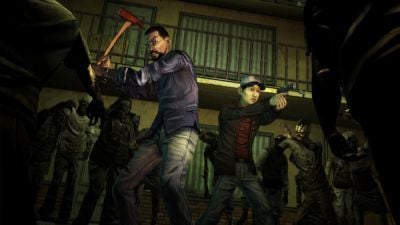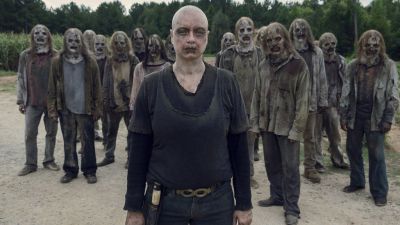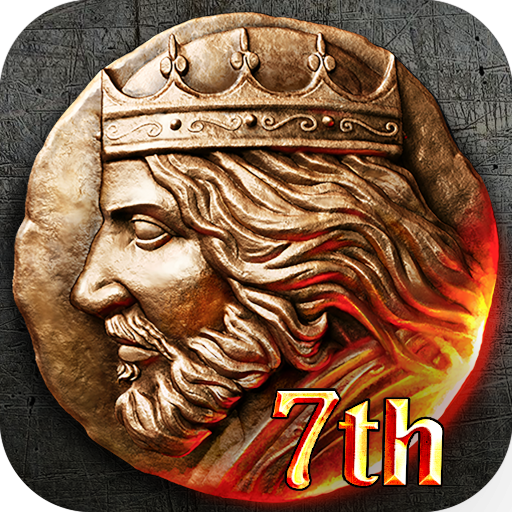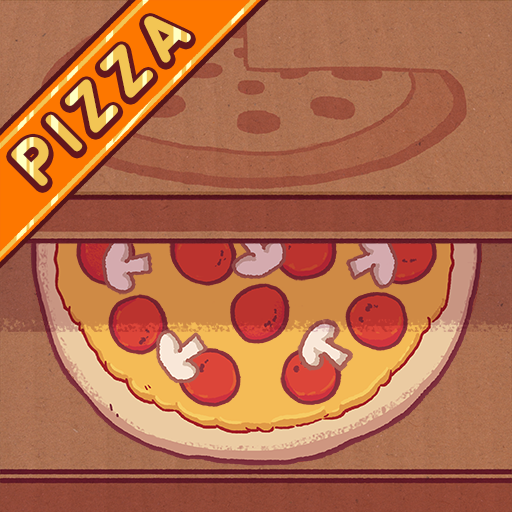Advertisement
Description
Telltale Games developed and released The Walking Dead, an episodic adventure video game. It is the first installment of a four-season series with a spin-off game centered on Michonne.
The game, which is based on the comic book series The Walking Dead, has five episodes that were released between April and November 2012. The game is the first installment of Telltale's Walking Dead video game franchise.
The Walking Dead is a graphic adventure in which you, as protagonist Lee Everett, work with a ragtag gang of survivors to stay alive in the middle of a zombie apocalypse. It is played from a third-person perspective with a range of dramatic camera perspectives.
Characters and objects may be examined and interacted with, and you must use inventory items and the surroundings. You are given the ability to interact with your environment throughout the game, as well as options to choose the type of that interaction. For instance, you could be able to look at a character, chat to them, or, if they're carrying anything, offer it to them or ask about it.
The Walking Dead game focuses on character development and plot rather than the action themes that are prevalent in other zombie-based games like Left 4 Dead and other games.
In the style of role-playing games, several portions of the game involve timed answers from you, which frequently lead to critical decisions that affect the game's plot and outcome. Some conversation branches demand you to make a decision within a certain amount of time, and if you run out of time, Lee will remain silent, affecting how other characters react to him and behave.
Unlike in previous RPGs like the Mass Effect or Fallout series, where decisions fall on either side of a good or evil scale, the choices in The Walking Dead have indeterminate consequences, affecting the non-player characters' attitudes and behaviors about Lee.
You can activate a choice notification function, in which the game's UI displays that a character's attitude toward Lee has changed as a result of your decisions. To keep oneself or other characters alive in more action-based situations, you must follow on-screen instructions during quick-time events (QTEs).
If you die, the game will restart from the point where you were right before the QTE. Other timed scenarios require major decisions, such as deciding between two characters who should be kept alive and similar scenarios.
Each episode has five occasions when you must make a major decision between two possibilities. The game counts how many players choose which option and lets you compare your selections with the rest of the player base through Telltale's servers.
The game may be finished regardless of the decisions made in these scenarios; the major events of the narrative, as detailed below, will continue regardless of the choices made, but the presence and behavior of non-player characters in later scenes will be influenced by these choices.
The game allows you to have numerous saves and contains a rewind feature that lets you go back in time and change a prior decision, making it easier to experiment with different options and possibilities.
Ads
Advertisement
- Verified antivirus
- All link sources on this site are jumped to App Store, Google Play and other official platforms. No virus, no malware.

View on mobile
How to play
Telltale Games developed and released The Walking Dead, an episodic adventure video game. It is the first installment of a four-season series with a spin-off game centered on Michonne.
The game, which is based on the comic book series The Walking Dead, has five episodes that were released between April and November 2012. The game is the first installment of Telltale's Walking Dead video game franchise.
The Walking Dead is a graphic adventure in which you, as protagonist Lee Everett, work with a ragtag gang of survivors to stay alive in the middle of a zombie apocalypse. It is played from a third-person perspective with a range of dramatic camera perspectives.
Characters and objects may be examined and interacted with, and you must use inventory items and the surroundings. You are given the ability to interact with your environment throughout the game, as well as options to choose the type of that interaction. For instance, you could be able to look at a character, chat to them, or, if they're carrying anything, offer it to them or ask about it.
The Walking Dead game focuses on character development and plot rather than the action themes that are prevalent in other zombie-based games like Left 4 Dead and other games.
In the style of role-playing games, several portions of the game involve timed answers from you, which frequently lead to critical decisions that affect the game's plot and outcome. Some conversation branches demand you to make a decision within a certain amount of time, and if you run out of time, Lee will remain silent, affecting how other characters react to him and behave.
Unlike in previous RPGs like the Mass Effect or Fallout series, where decisions fall on either side of a good or evil scale, the choices in The Walking Dead have indeterminate consequences, affecting the non-player characters' attitudes and behaviors about Lee.
You can activate a choice notification function, in which the game's UI displays that a character's attitude toward Lee has changed as a result of your decisions. To keep oneself or other characters alive in more action-based situations, you must follow on-screen instructions during quick-time events (QTEs).
If you die, the game will restart from the point where you were right before the QTE. Other timed scenarios require major decisions, such as deciding between two characters who should be kept alive and similar scenarios.
Each episode has five occasions when you must make a major decision between two possibilities. The game counts how many players choose which option and lets you compare your selections with the rest of the player base through Telltale's servers.
The game may be finished regardless of the decisions made in these scenarios; the major events of the narrative, as detailed below, will continue regardless of the choices made, but the presence and behavior of non-player characters in later scenes will be influenced by these choices.
The game allows you to have numerous saves and contains a rewind feature that lets you go back in time and change a prior decision, making it easier to experiment with different options and possibilities.
Test banner giữa
Advertisement
Reviews
Tags for this game
Featured Games
Advertisement




